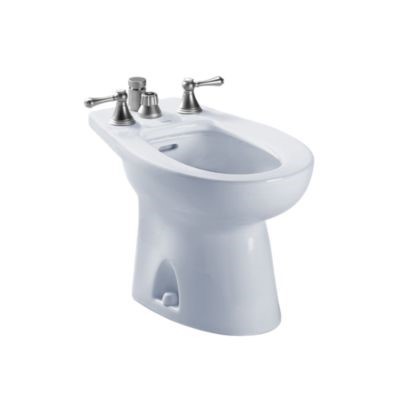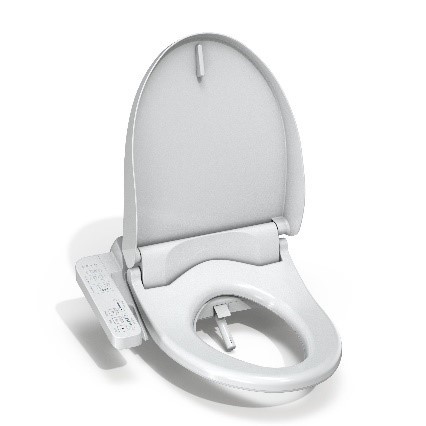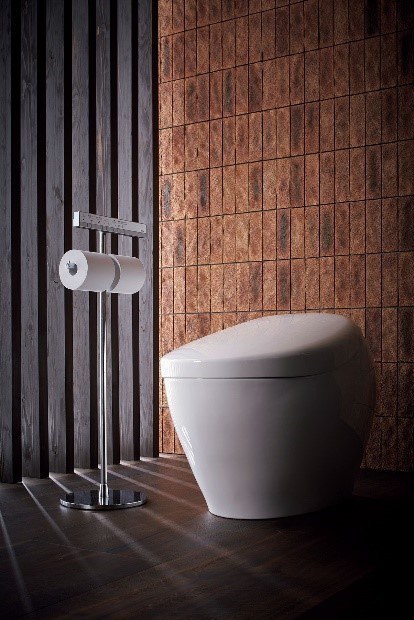Should I get a Bidet
To Bidet or not To Bidet – That is the Question
The first question we get (often in a quiet whisper) is, “What is a bidet?” Bidets are a specialized bathroom piece meant to be utilized after using the toilet to clean your private areas with a gentle targeted spray. Historically, they began with a simple bowl of water set into a chair, but the 1700s brought the addition of a water pump and tank. Today, bidets can be freestanding bath fixtures, a specialized toilet seat, or in combination with a toilet.
HOW DOES ONE USE A BIDET?
Freestanding fixtures are meant to be straddled. Which way you face will depend on what needs cleaned and in what direction the faucet actually sprays. This is not a favorite on this side of the Atlantic as it means really pulling those pants down. Plus, it takes up extra space in the bath and adds cost for an extra bath fixture.

For those wanting a more inexpensive option, or wish to add bidet features to an existing bath, the bidet seat is a great option. Controls may offer various spout positions, water temps and pressures. You may even enjoy a heated seat! Be aware that most bidet seats require electrical power, so plan accordingly.
The lap of luxury is to be found in “smart toilets”, with associated cost. These are combination toilets with bidet features. Such features may include automatic flushing, deodorizers, self-cleaning attributes, auto open/close seat, heated seat, adjustable dryer and more. (Yes, that’s a remote control that you’re seeing above the toilet paper.) They will need an electrical outlet, and may include a battery backup.

WHY SHOULD I GET A BIDET?
Bidets are better for the environment through the lower usage of toilet paper. Per Bidet.org, it takes between 12 and 37 gallons of water to produce a single roll of toilet paper! Let alone the wood and the water it takes to grow the tree.
Bidets are more hygienic than toilet paper, and can potentially limit the spread of germs as your hands aren’t in close contact with fecal matter.
Bidet use can help prevent clogged toilets.
Per WebMD, the use of a bidet on the anus can potentially reduce the risk of hemorrhoids.
For those people who have mobility issues and find it hard to reach their private areas (elderly, amputees, injured, etc.), a bidet offers the chance for good hygiene.
Bidets add a little personal pampering to our day. And who doesn’t need that?
Photos courtesy of Toto
